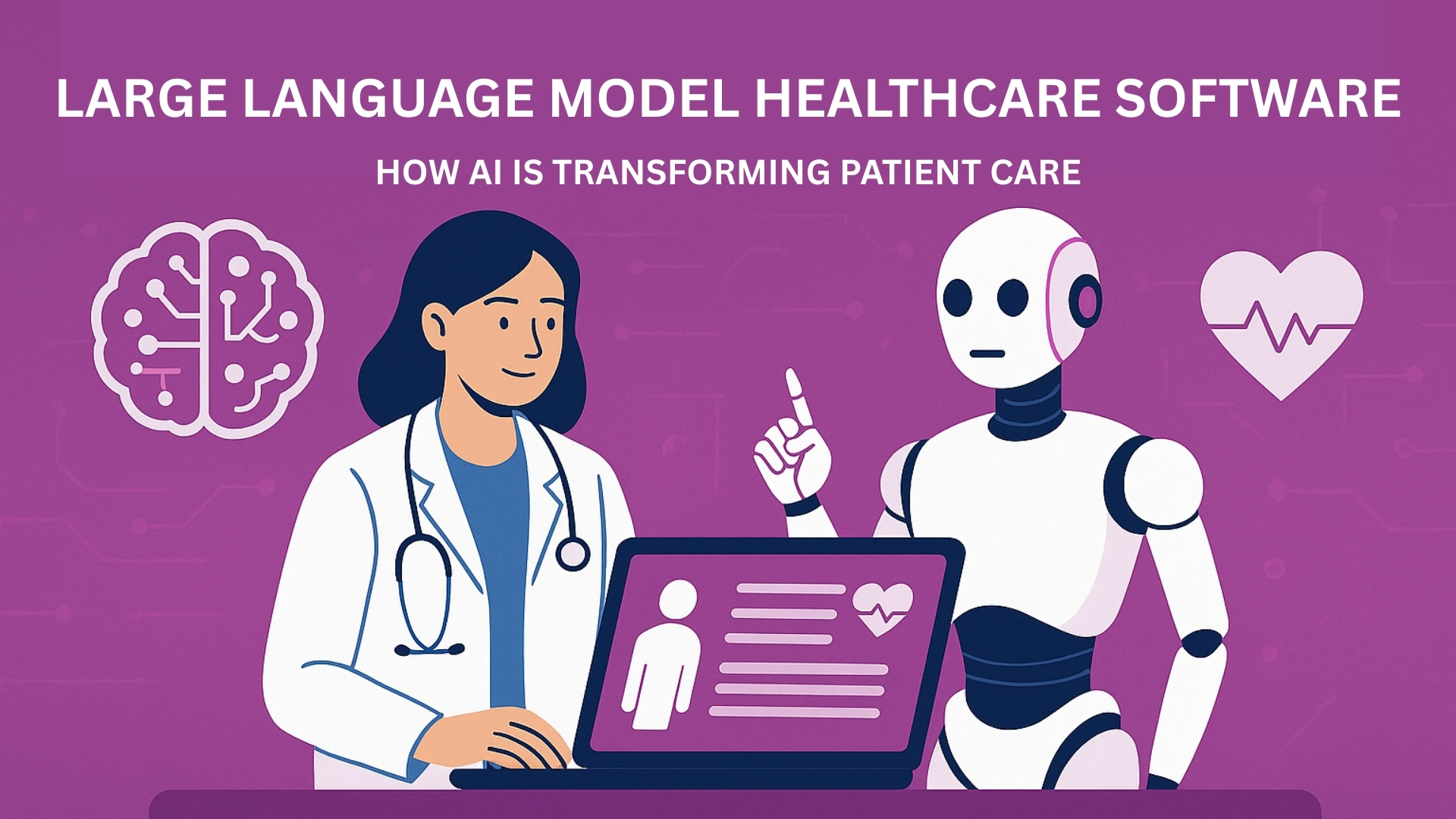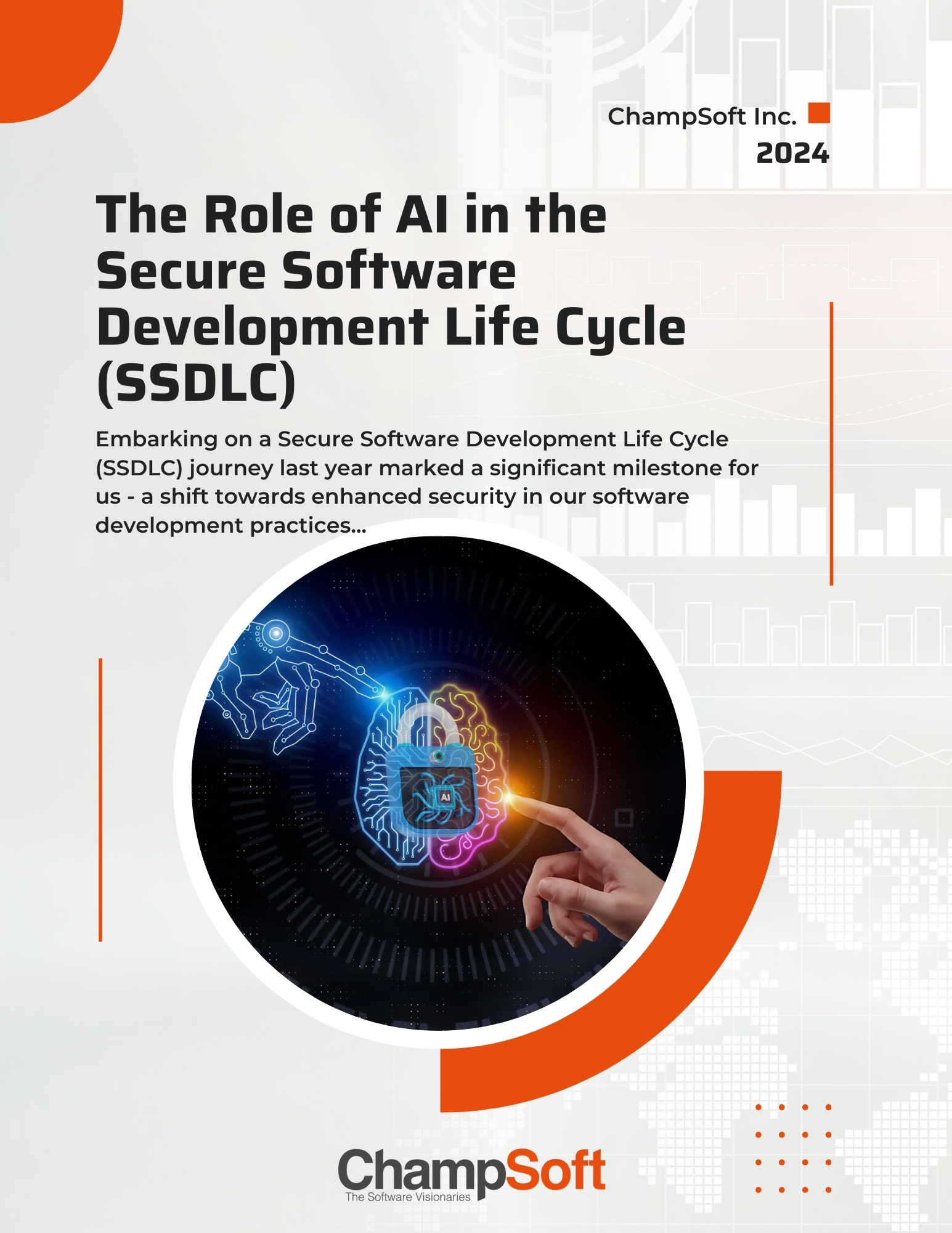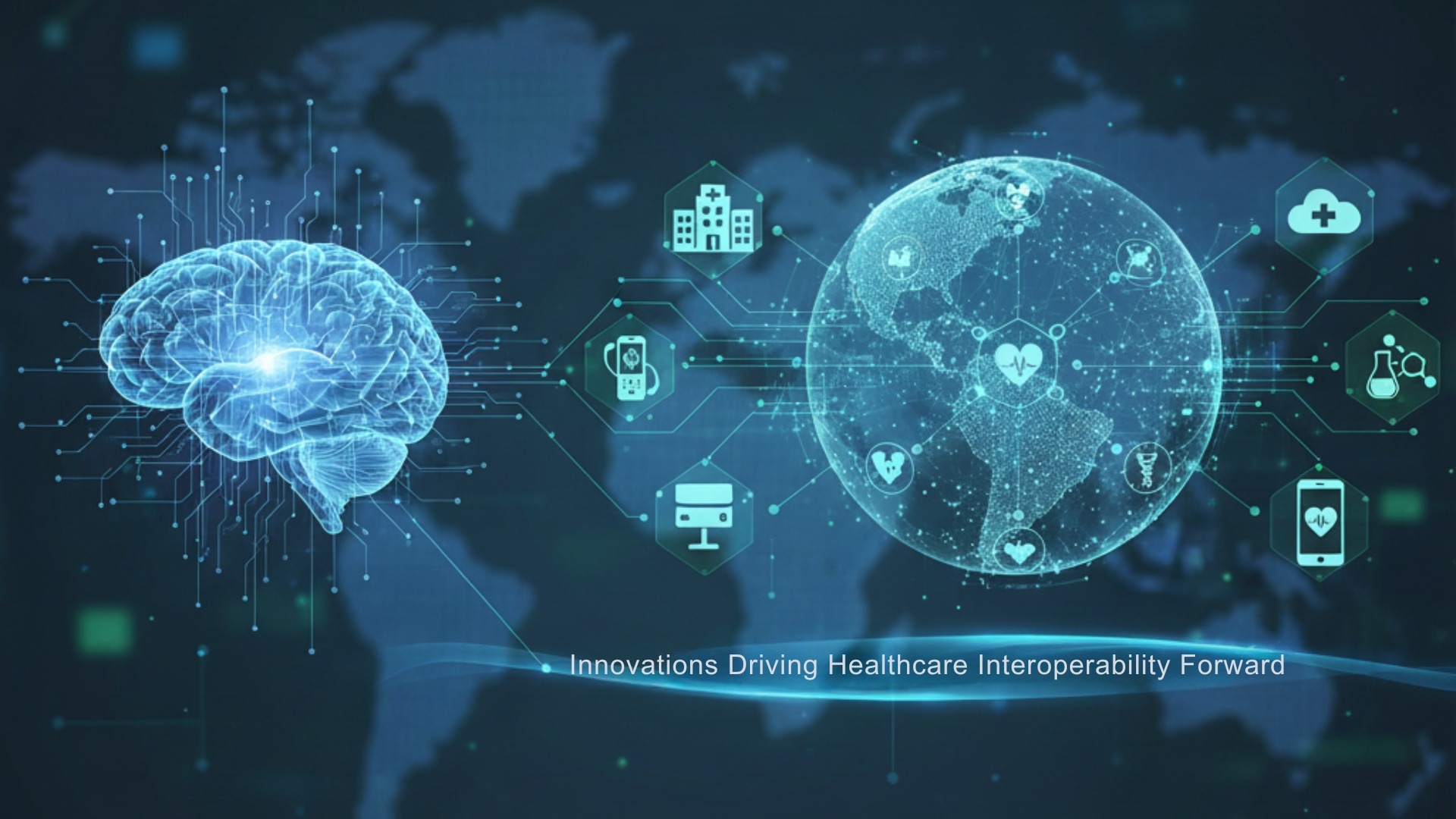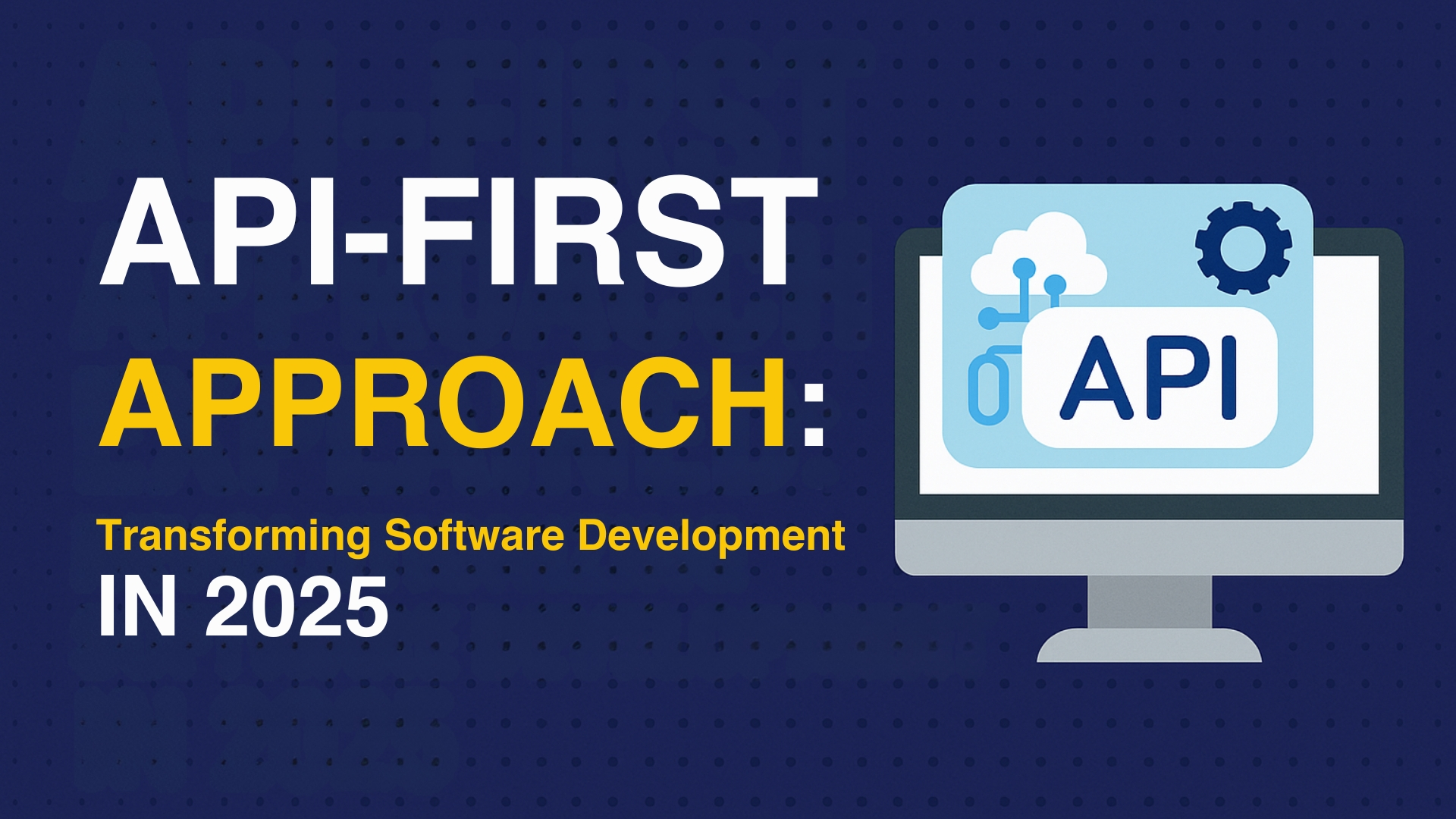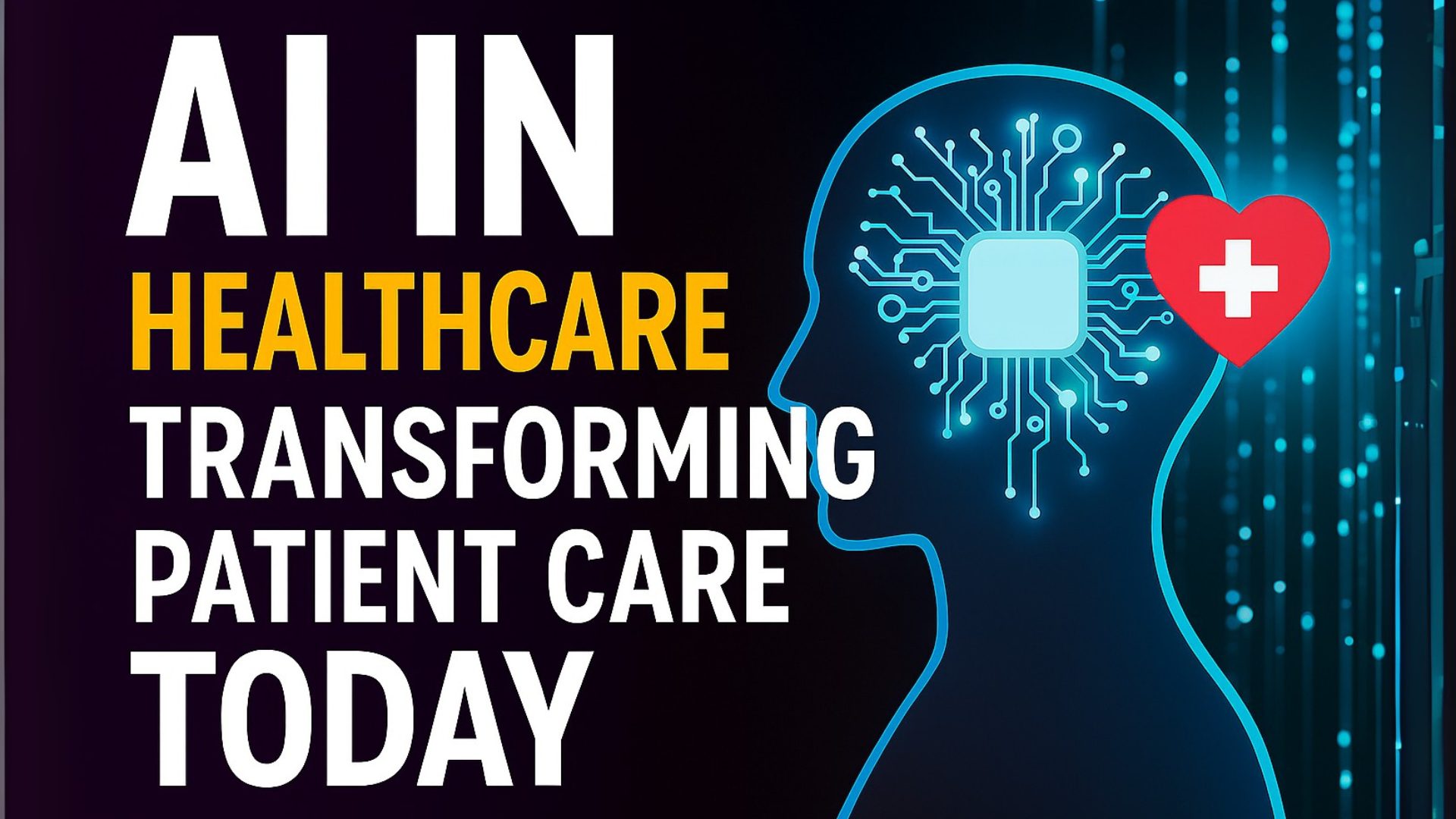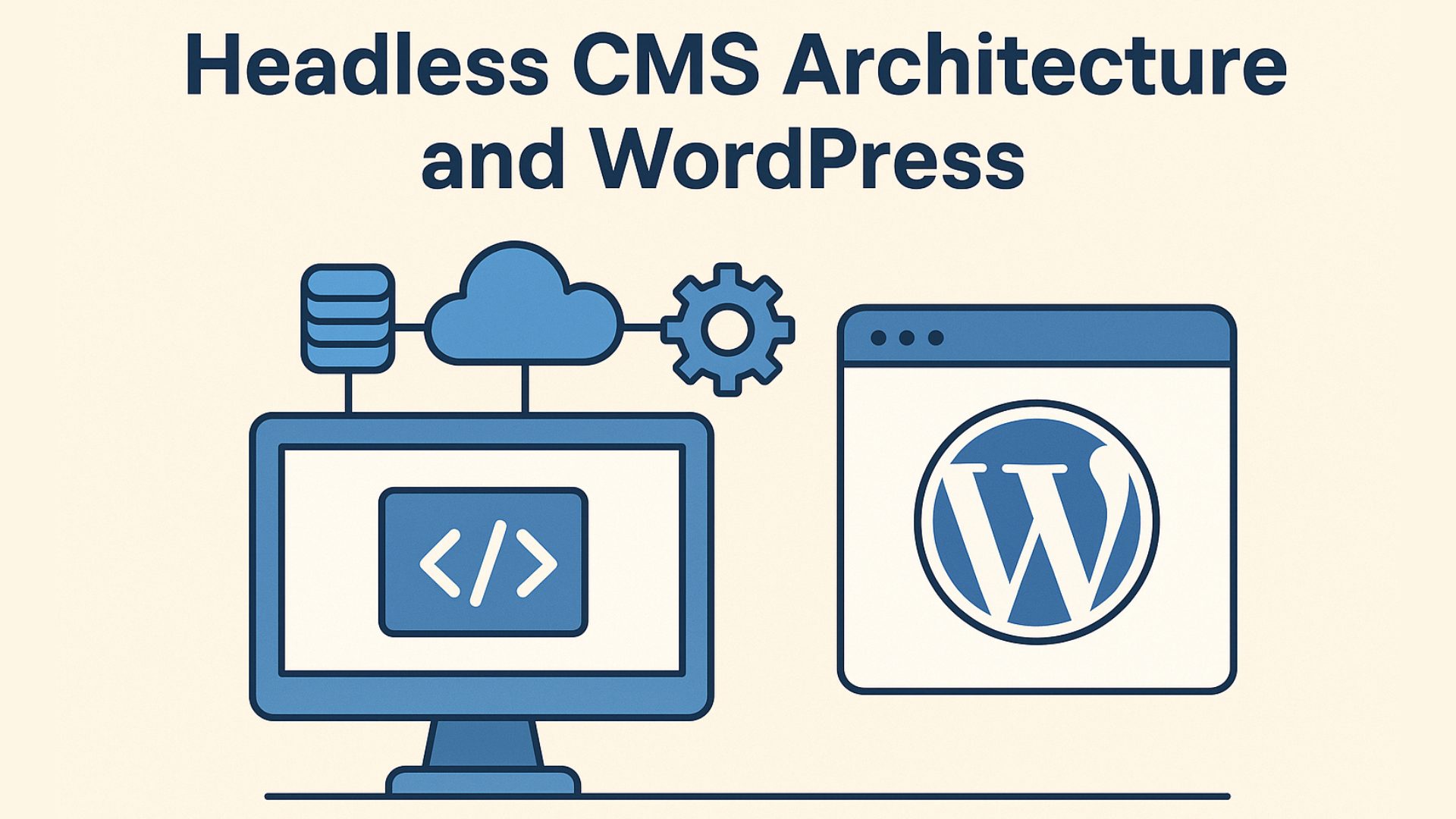Large language models (LLMs) are revolutionizing healthcare software by enabling smarter, faster, and more personalized patient care. As a subset of artificial intelligence (AI), LLMs process and generate human-like text, making them valuable tools for analyzing medical language, improving communication, and streamlining healthcare operations.
With cloud-based business software solutions and custom healthcare software solutions, these models are now seamlessly integrated into healthcare systems—shaping the future of medicine and redefining patient experiences.
What Are Large Language Models in Healthcare?
Large language models (LLMs) are advanced AI systems designed to understand, process, and generate human-like text. In healthcare software solutions, LLMs analyze complex medical language and extract insights from large sets of patient data.
Healthcare professionals use these models to interpret unstructured data such as clinical notes, patient histories, and medical research. This leads to better decision-making, enhanced treatment planning, and more accurate patient outcomes.
Key functions of LLMs in healthcare include:
- Examining medical literature and patient histories to diagnose illnesses
- Enhancing NLP in healthcare for improved communication between patients and providers
- Automating clinical documentation and administrative tasks
The integration of LLMs into healthcare systems is supported by cloud-based business software solutions, which provide scalable and secure platforms for handling large volumes of medical data.
How Large Language Model Healthcare Software Is Used in Medicine
The applications of large language model healthcare software extend across diagnostics, clinical documentation, patient engagement, and predictive analytics.
1. LLMs in Diagnostics and Treatment Planning
By analyzing patient data, medical histories, and published research, medical language models assist doctors in detecting diseases early. This supports timely and accurate interventions, improving patient outcomes.
2. Automating Administrative Workflows
AI healthcare software streamlines operations by automating tasks such as scheduling, billing, and medical records management. This reduces the workload on healthcare staff and allows them to focus more on direct patient care.
3. Improving Electronic Health Records (EHRs)
LLMs enhance EHR systems by interpreting complex medical terminology and improving data retrieval. This gives medical professionals a complete picture of patient data.
Key applications include:
- Assisting in diagnostics and clinical decision-making
- Automating routine administrative processes
- Enhancing the efficiency of EHR systems
How LLMs Enhance Clinical Documentation and EHRs
Accurate clinical documentation is essential in healthcare. With LLMs, documentation becomes faster and less error-prone. These models automatically generate and update patient records, reducing mistakes common in manual entry.
In EHR systems, LLMs improve data quality by structuring medical terms and ensuring smooth data integration. This enhances both record accuracy and retrieval efficiency.
Benefits of LLMs in clinical documentation include:
- Improved accuracy of patient records
- Streamlined integration of health data
- Better utilization of structured clinical information
Virtual Health Assistants and Patient Communication
Virtual health assistants are among the most significant applications of healthcare AI systems. Powered by LLMs, these assistants provide 24/7 patient support, answering questions, sending reminders, and offering tailored health advice.
Additional benefits include:
- Breaking language barriers: Real-time translation enables better doctor-patient communication in diverse environments.
- Personalized care: AI tools adapt to patient needs, offering individualized guidance that boosts engagement and satisfaction.
Predictive Analytics and Personalized Medicine
AI in medicine is moving toward predictive healthcare. LLMs analyze large patient datasets to detect patterns, forecast health risks, and support early interventions.
They also enable personalized medicine by tailoring treatments to individual patients, reducing risks and ensuring more effective care plans.
This integration of AI healthcare software into predictive analytics is reshaping medicine into a more proactive and patient-centric model.
Cloud-Based and Custom Healthcare Software Solutions
For large-scale adoption, cloud-based business software solutions provide the foundation for integrating LLMs into healthcare systems. They allow for scalability, secure data storage, and real-time collaboration across providers.
At the same time, custom healthcare software solutions are tailored to meet the unique needs of different healthcare organizations. By aligning functionality with provider-specific requirements, these solutions improve efficiency and service delivery.
Benefits include:
- Enhanced scalability and data management
- Tailored features for specialized healthcare needs
- Seamless integration of AI into existing workflows
Together, enterprise software solutions and custom development approaches enable the deployment of advanced AI applications in healthcare.
Challenges and Ethical Considerations in AI Healthcare Software
While LLMs present massive potential, challenges remain in their adoption. Key concerns include:
- Training data bias: Reliability may be impacted by LLMs reflecting dataset biases.
- Data security and privacy: Protecting patient data is essential in the medical field.
- Human oversight: Balancing AI-driven automation with clinical judgment is essential.
Addressing these challenges requires strict ethical guidelines, transparent AI usage, and collaborative oversight between healthcare providers and technology developers.
The Future of AI and Large Language Models in Medicine
The future of healthcare is increasingly tied to AI healthcare software and large language models. We can expect advancements in:
- Smarter patient interaction tools
- More accurate diagnostics
- Deeper integration of predictive analytics
- Expansion of personalized medicine
As custom software development continues, LLMs will become central to healthcare software solutions that improve efficiency, reduce errors, and deliver better outcomes.
Conclusion
Large language model healthcare software is driving the next wave of innovation in medicine. From diagnostics and documentation to predictive analytics and patient engagement, LLMs are making healthcare smarter, faster, and more precise.
The successful future of AI in medicine depends on collaboration between technology experts and healthcare professionals—ensuring that innovation is balanced with ethics, patient trust, and clinical oversight.
FAQ’s
What is a large language model in healthcare?
A large language model (LLM) is an AI system trained to understand and generate text. In healthcare, it analyzes medical language, improves documentation, and supports diagnostics.
How is AI used in medicine with LLMs?
AI in medicine leverages LLMs for diagnostics, EHR improvement, patient communication, predictive analytics, and personalized medicine.
What role do cloud-based business software solutions play in healthcare AI?
They provide scalable, secure platforms for integrating LLMs, enabling real-time access, data storage, and collaboration across healthcare systems.
What are the challenges of using AI healthcare software?
The main challenges include bias in training data, patient privacy concerns, and the need for balancing AI automation with human clinical oversight.

